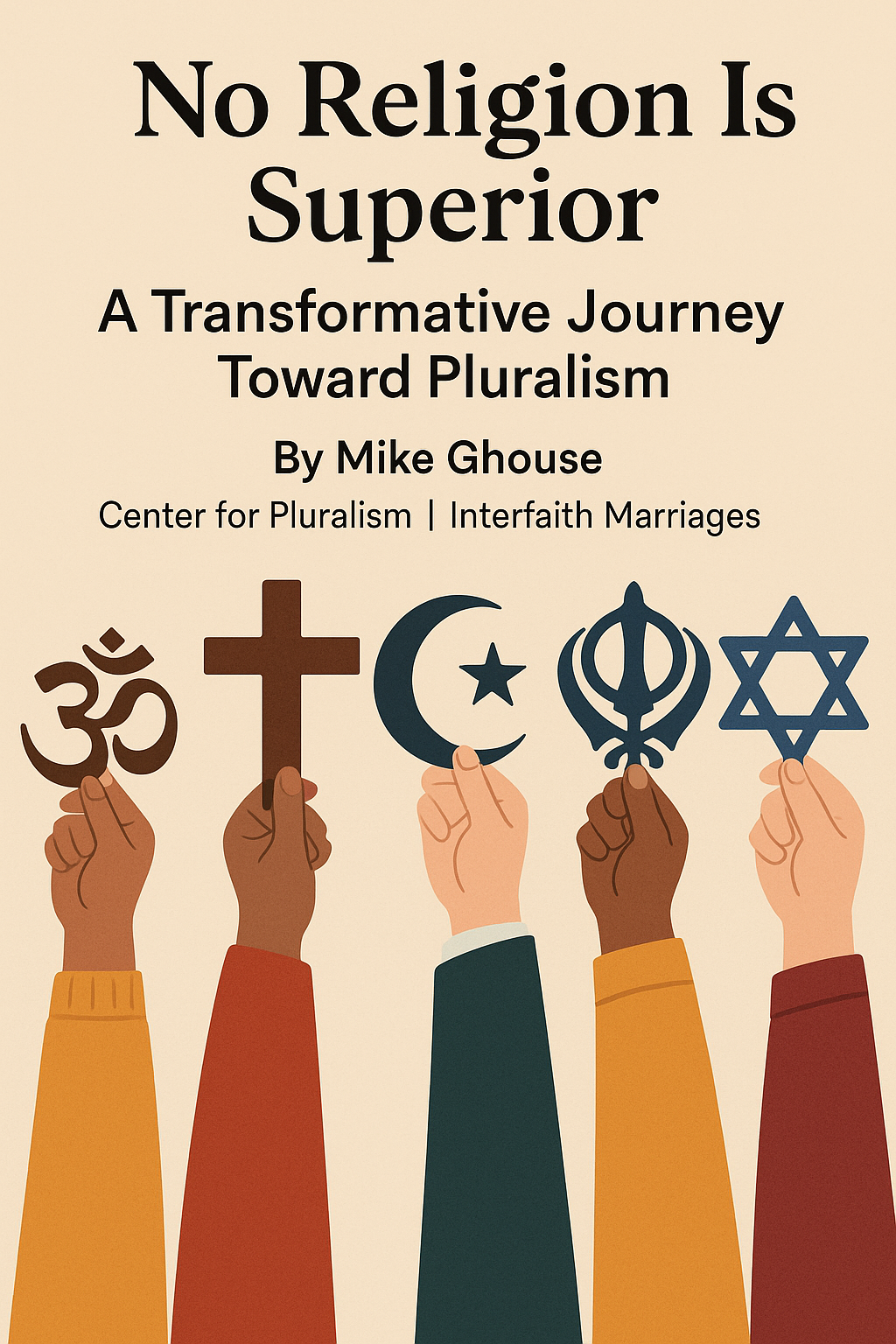
At a pivotal moment in my life, I identified as an atheist. That phase was not just a rejection—it was a necessary chapter that led me down a road of intellectual honesty and spiritual inquiry. It allowed me to question every religious doctrine and scripture without bias, searching for something that could resonate with my inner values—especially a belief system that promoted religious pluralism and truly respected the “otherness of others.”
Discovering Common Threads in World Religions
Through years of exploration, I realized something profound: all religions, regardless of their geographical or cultural origins, share a universal ethos. They are, at their core, efforts to meet the emotional, ethical, and communal needs of humanity. Whether it’s Buddhism in the East, Christianity in the West, Hinduism in South Asia, or Islam across continents—each promotes peace, self-awareness, compassion, and social harmony.
Religions are more alike than different. Their scriptures may vary, rituals may differ, and terminologies may clash—but their core moral compass points in the same direction: fostering peace and righteousness.
Why No Religion is Superior
The notion that no religion is superior is not an attack on faith; rather, it’s an affirmation of the legitimacy of all faiths. It’s an understanding that different paths can lead to the same mountaintop. Superiority breeds exclusion, while equality invites dialogue and coexistence.
After deep, respectful study of various beliefs, I embraced Islam—not because it dismissed others, but because it acknowledged their intrinsic worth. Islam, when understood in its pluralistic spirit, respects the uniqueness of every tradition and upholds the dignity of every human being.
Misinterpreted Verses: A Clarification Needed
There are verses in religious texts—including the Quran—that can seem exclusionary or judgmental when taken out of context. But interpretations matter. And the historical and situational contexts of such verses often transform their meanings entirely.
In upcoming writings, I intend to delve into those misunderstood scriptures to clarify how they align with pluralistic values when understood in the proper context.
The Universal Condemnation of Harm
One undeniable commonality across religions and belief systems is the condemnation of murder and harm. No civilized society, regardless of its spiritual leanings, would tolerate violence without repercussions. Laws rooted in moral traditions ensure societal peace, preventing fear and chaos.
This, again, reaffirms the idea that religions aim for social cohesion, not division.
About the Author
Dr. Mike Ghouse is the founder of the Center for Pluralism and director of the World Muslim Congress. As an Interfaith Wedding Officiant and an advocate with Muslims for Progressive Values, he actively promotes religious pluralism, inclusivity, and mutual respect.
FAQs
What does it mean to say no religion is superior?
It means acknowledging the value and truth in all religions, respecting each as a valid spiritual path without claiming one as better than the others.
Is Islam a pluralistic religion?
Yes, when interpreted holistically, Islam embraces the diversity of humanity and respects the beliefs and practices of others.
Can someone believe in religious pluralism and still follow one faith?
Absolutely. Religious pluralism doesn’t require abandoning one’s faith but encourages respect and acceptance of others’ paths.
Are all religions essentially the same?
While doctrinally different, most religions share common moral goals—peace, justice, compassion, and the betterment of society.
How can we promote religious harmony?
By encouraging interfaith dialogue, practicing empathy, and educating ourselves and others about the beliefs of different communities.
Why do people misinterpret religious texts?
Misinterpretation often arises from lack of context, cultural bias, or translation issues. Scholarly study helps reveal the intended meanings.
Conclusion
Saying “no religion is superior” is not about watering down faith—it’s about elevating humanity. It’s about recognizing that the divine speaks in many languages and through many prophets, cultures, and traditions. True peace begins when we accept one another—not in spite of our differences, but because of them. Pluralism leads to peace of mind; removing prejudices frees us from tension, apprehension, malice, hate, anger, and arrogance. There is nothing like this freedom.
More from this author
Mini-Pluralism Workshop: What Is My Loss? The Power of Respect and Harmony https://interfaithmarriages.org/mini-pluralism-workshop-what-is-my-loss-the-power-of-respect-and-harmony/
Shaping Pluralistic societies
https://centerforpluralism.com/shaping-pluralistic-cohesive-societies/

